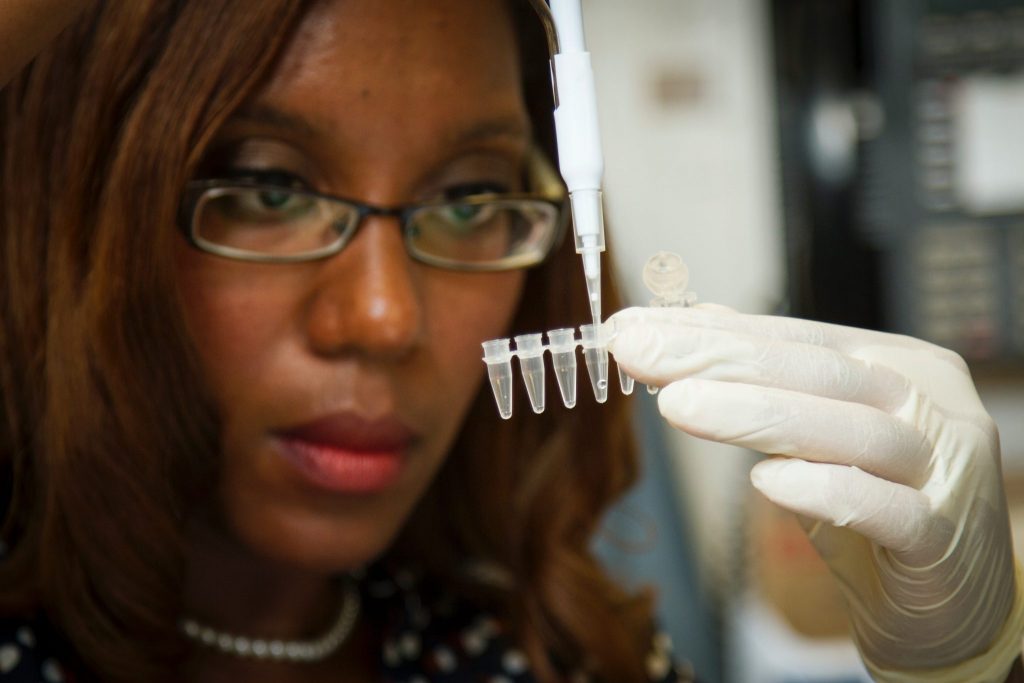There is no doubt that COVID-19 has disrupted the world in many ways, but in a crisis of this magnitude, we can find opportunities for positive change — if we look for them. This disruption has given us a chance to hit the reset button and find new ways of going about our lives. In a relatively short amount of time, we’ve adjusted to doing everything online — from business and education to family gatherings and social events — which has allowed more opportunities for collaboration on a global scale. A recent example is the World Engineering Education Forum and Global Engineering Deans Council (WEEF & GEDC) 2020 Virtual Conference I attended last month.
Each year, the International Federation of Engineering Education Societies (IFEES) and the Global Engineering Deans Council hold the WEEF & GEDC global engineering education conference in different locations around the world. Last year, we convened in Chennai, India, and previous years included Albuquerque, Seoul, Kuala Lumpur, Florence, Buenos Aries as well as others. We discussed the most critical issues in engineering education and how we can best prepare future professionals to address the many complex problems facing our planet.
Originally slated to be an in-person event in Cape Town, South Africa, like many other conferences this year, WEEF & GEDC pivoted to a virtual format. In a normal year, hundreds of participants — educators, administrators, students, and representatives from industry, governmental and non-governmental organizations — would fly from all over the world to attend. This year, we convened online instead.
The virtual format had many benefits, but one that seemed particularly fitting was the positive impact on our environment by not travelling. I can’t help but wonder how many tons of carbon we avoided putting into the atmosphere by attending from home instead of flying to the conference. The good news was that global greenhouse gas emissions plunged earlier this year as a result of people not travelling. The bad news: according to the United Nations Environment Programme (UNEP)’s Emissions Gap Report 2020, despite the brief dip in emissions, the planet is still heading for a global temperature rise this century exceeding 3 degrees Celsius. However, with a green pandemic recovery and commitments to net-zero emissions, UNEP’s report is optimistic that we can still slow climate change. But we need to act, and soon.
As STEM professionals, we have an obligation to use our technical and professional skills to deliver creative solutions that will build a better world for all. COVID-19 has already forced us to change how we operate, so how can we maintain those behaviors that have had a positive impact on the planet?
In a recent article, I discussed declining enrollment in higher education since the pandemic began. Events like WEEF & GEDC 2020 give me hope that even in the face of a global crisis, there are many dedicated people working to ensure the continued health of global STEM education.
At ABET, we strive to strengthen post-secondary STEM programs in ways that teach students to care not just about technical solutions, but also how those solutions impact our environment and society. Now that we’ve hit the reset button, let’s continue to reimagine our processes and create new, sustainable solutions.
COVID-19 has forced us to change how we do things, but as the first round of vaccines are now being distributed, we have the option to either return to our pre-pandemic routines or to do things in a way that have a positive impact on the environment. We have an opportunity to redesign the world to be safer, more efficient, more comfortable and more sustainable for all. Let’s not miss this chance to change the world for the better.

